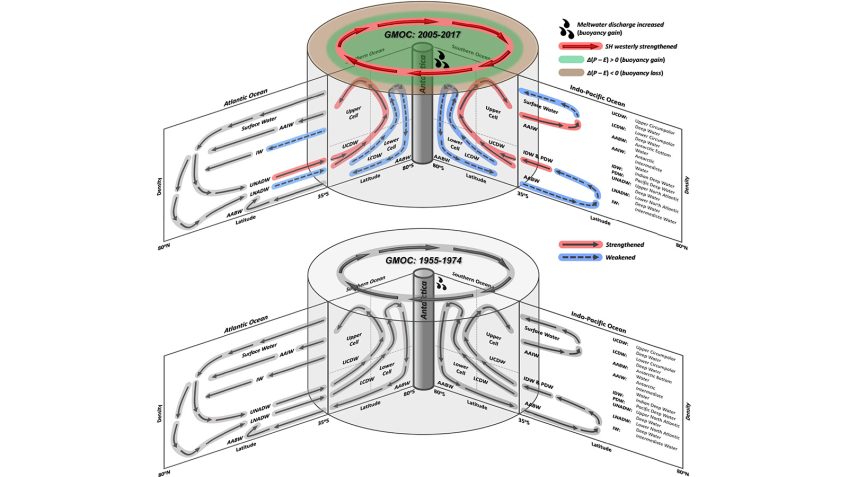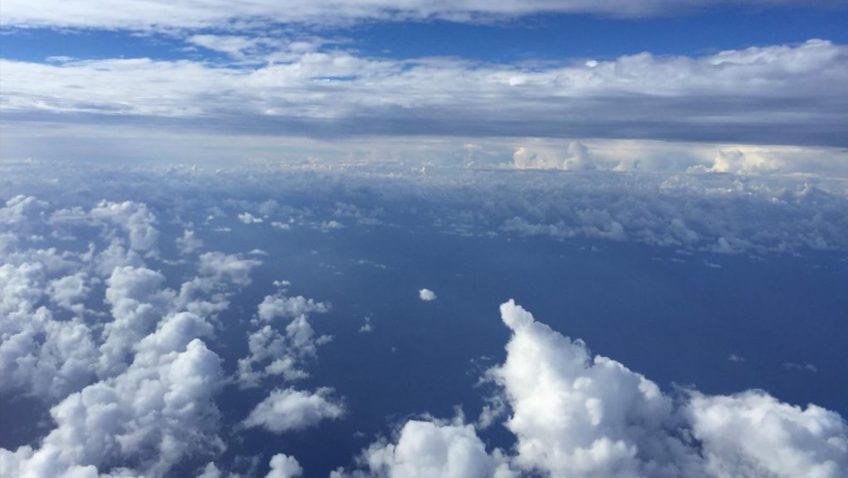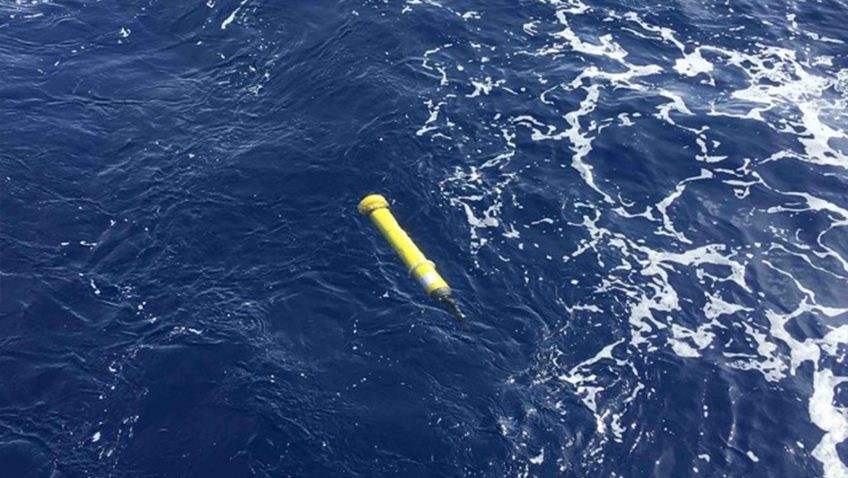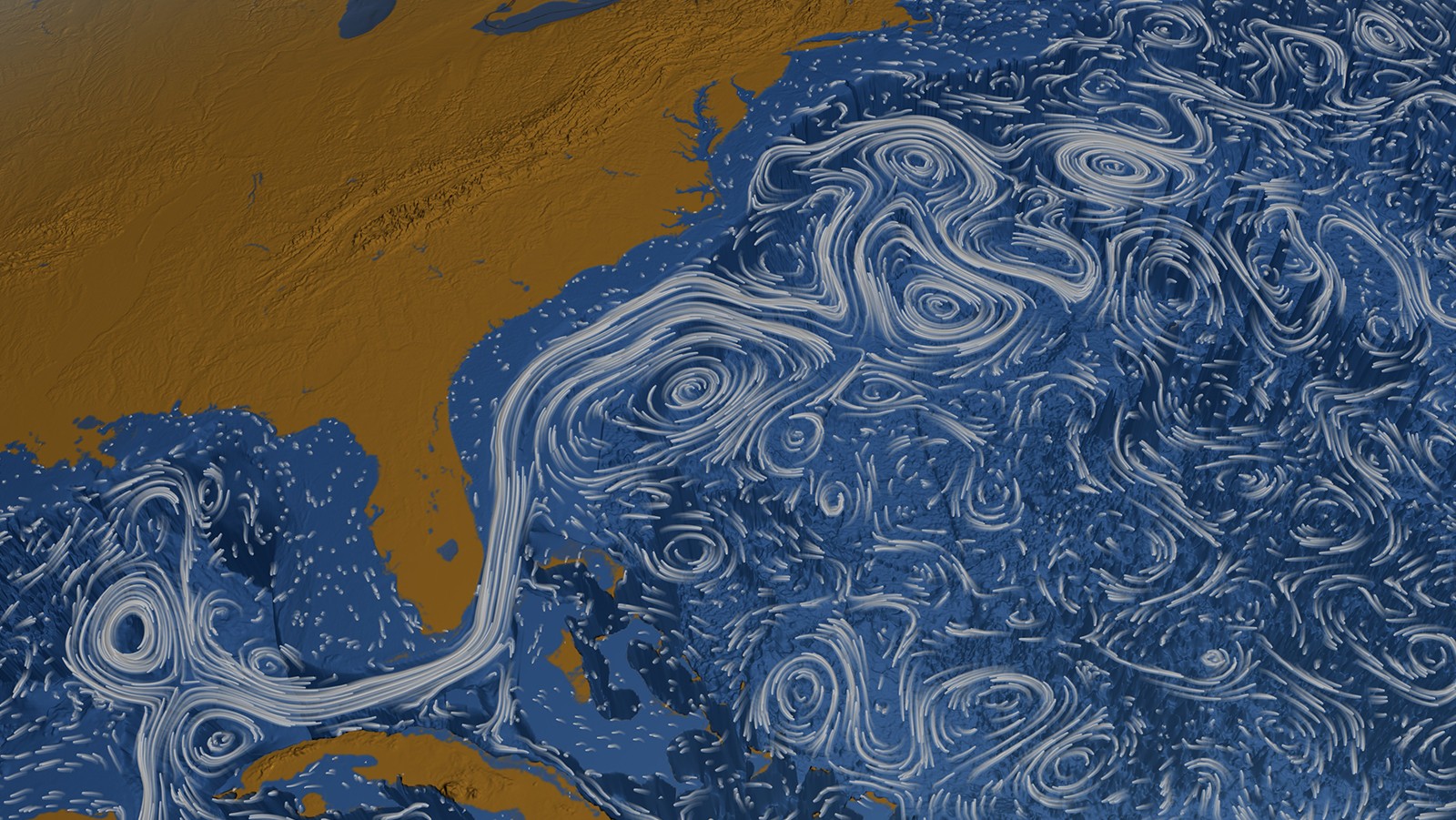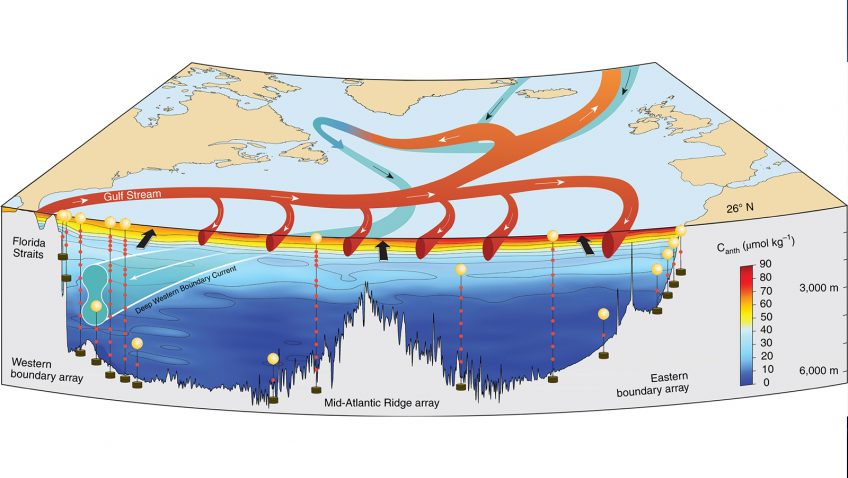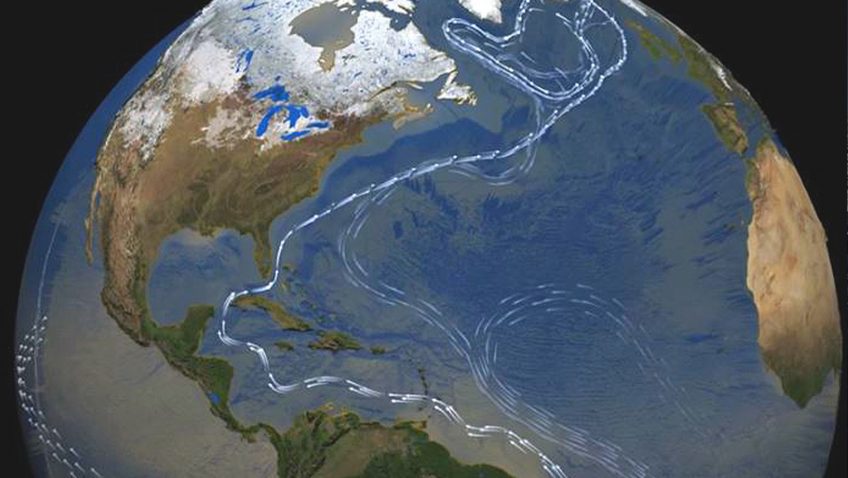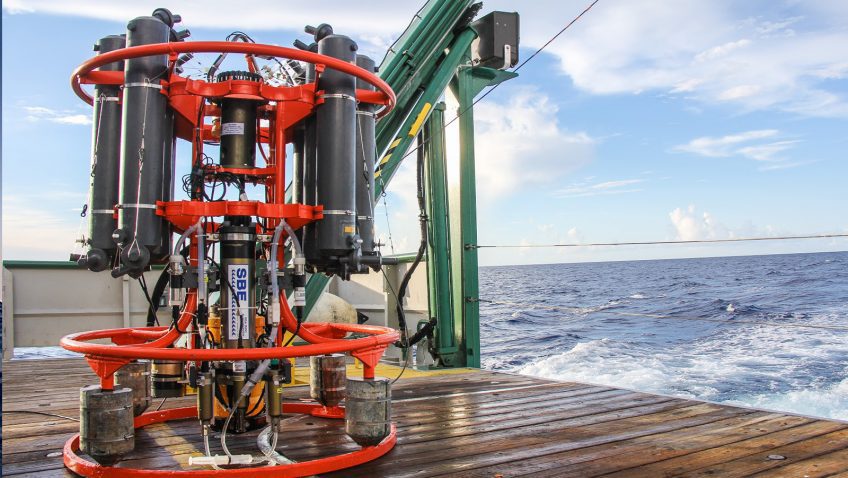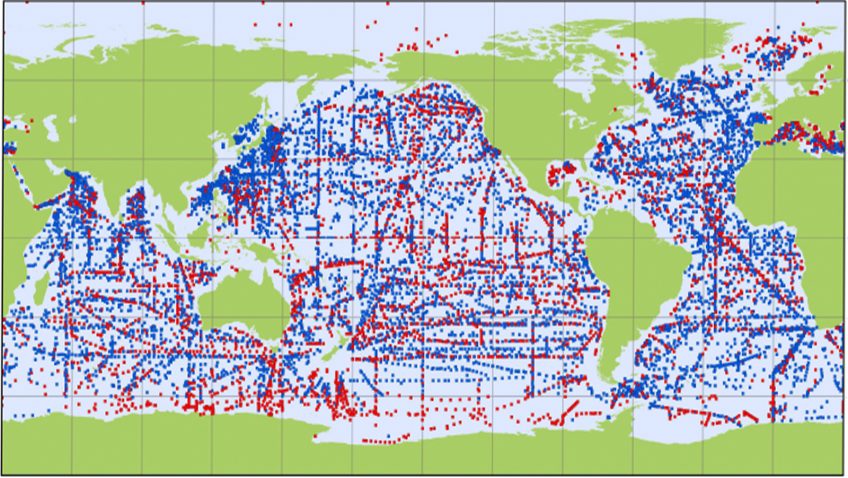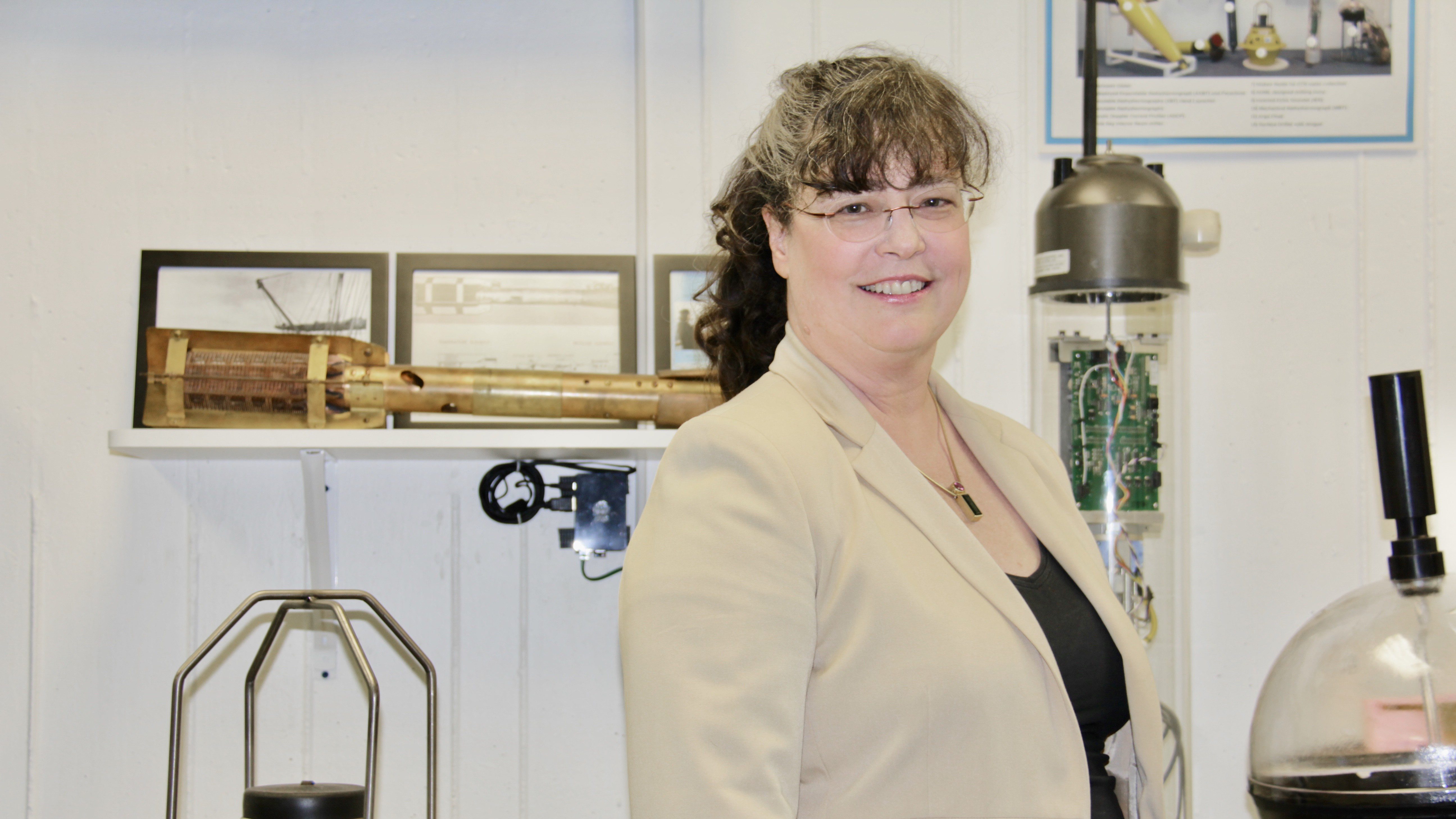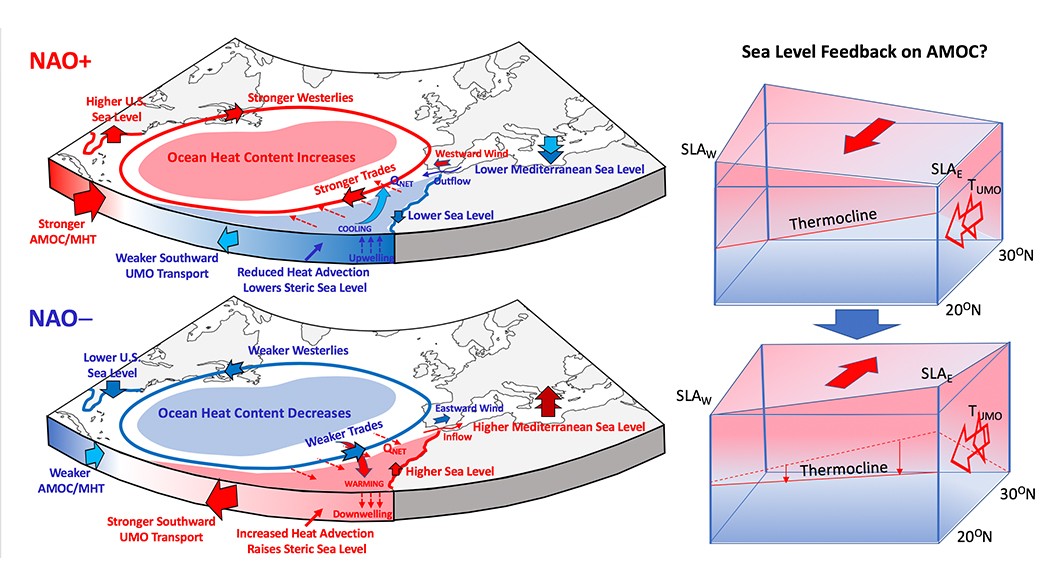NOAA Scientists Detect a Reshaping of the Meridional Overturning Circulation in the Southern Ocean
Scientists at NOAA’s Atlantic Oceanographic and Meteorological Laboratory (AOML) have shown that the Global Meridional Overturning Circulation (GMOC), commonly known as the global ocean conveyor belt, has changed significantly in the Southern Ocean since the mid-1970s, with a broadening and strengthening of the upper overturning cell and a contraction and weakening of the lower cell. These changes are attributed to human induced ozone depletion in the Southern Hemisphere stratosphere and increased carbon dioxide in the atmosphere. The study also shows that the changes in the Southern Ocean are slowly advancing into the South Atlantic and Indo-Pacific oceans.
